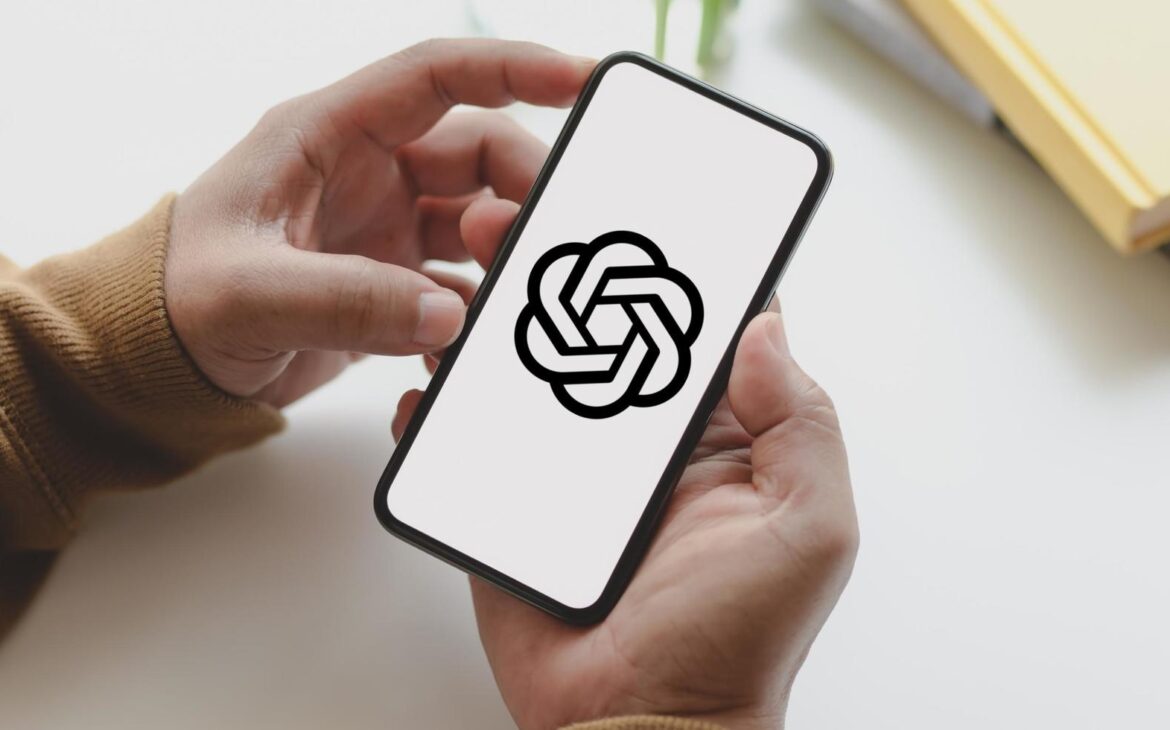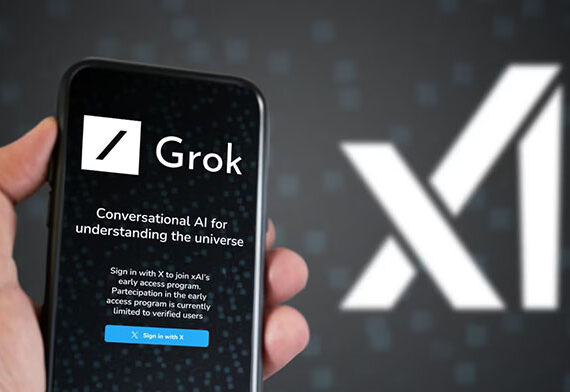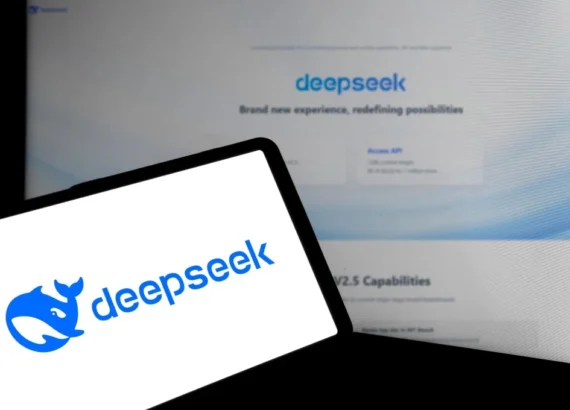Hey, readers? A couple of weeks ago, I was doom scrolling on X at some unholy hour when a post caught my eye. Someone wrote, “ChatGPT just helped me breathe through a panic attack. Is this what therapy’s gonna look like now?” I sat there, staring at my phone, wondering the same thing. I mean, mental health struggles are everywhere—nearly a billion people worldwide deal with them, according to the World Health Organization. But therapy? Actually, it’s so pricey, tough to find, and, for some, just too intimidating. So, the view of an AI like ChatGPT footing in as a kind of digital intimate feels both exhilarating and also a little weird. Can a bunch of code really help you process your feelings? So, let’s unpack this with all the messy human stuff that comes with talking about mental health.
Why ChatGPT Feels Like a Lifeline
Oh, don’t be confused! Therapy’s not an option, it is all about fortune and the level of mental stress you’re going through. Plus, let’s be real, not everyone’s ready to bare their soul to a stranger. That’s where ChatGPT swoops in. It’s there, ready to “listen,” no appointment needed. You type, “I’m freaking out about my job,” and boom, ChatGPT hits you back with, “Whoa, that sounds intense. Want to tell me more? Maybe we can sort through it together.” It’s instant. It’s free. And it doesn’t care if you’re in your pajamas or haven’t showered in three days. For someone in a small town with no therapists around, or someone who’s too embarrassed to talk about their anxiety, that’s huge. Then there’s the money thing. Therapy can bleed you dry, even with insurance. ChatGPT? The basic version costs nothing, and even the paid one’s cheaper than a single session.

How ChatGPT Pulls It Off
Okay, so how does this thing even work? ChatGPT, built by OpenAI, is like a super-smart robot that’s read half the internet. It’s been trained on tons of text—think books, blogs, maybe even those self-help Reddit threads we all secretly read. When you tell it you’re stressed, it doesn’t feel your pain. Instead, it scans your words, matches them to patterns it’s seen before, and crafts a response that sounds human
It feels like talking to a friend who’s got endless patience. But here’s the thing: it’s not actually understanding you. It’s just really good at guessing what a caring person might say. That’s why it can suggest a breathing exercise or a CBT trick—it’s seen those in its training data. But it’s not sitting there thinking, “Wow, this person’s really struggling.” It’s more like a fancy autocomplete. That’s not all bad. ChatGPT’s great at staying calm, never interrupting, and pulling out practical tips, like how to ground yourself during a panic attack.
Where ChatGPT Falls Flat
Therapy’s not just about someone nodding along or tossing out advice. It’s about that human spark—the connection you feel when someone gets you. Research says up to 30% of why therapy works is the bond between you and your therapist. They notice things ChatGPT can’t, like how your hands shake when you talk about your ex or the way you laugh to cover up pain. Those little cues help them ask the right questions, like, “What’s that laugh hiding?” ChatGPT is stuck behind a screen, and it doesn’t see any of that.
Then there’s the empathy thing. Real empathy. When a therapist says, “I hear how heavy this is,” it’s because they’ve felt heartbreak or spent years learning to sit with someone else’s. ChatGPT’s “I’m here for you” is just clever programming. I’ve got friends who’ve tried it for tough stuff, like grief, and they said it felt… off. Like talking to a chatbot that’s trying too hard to be your mom. One friend put it perfectly: “It’s like it’s reading from a script, not a soul.” And don’t forget the training. Therapists go through years of school to handle stuff like depression, PTSD, or even rare disorders. And ChatGPT’s not a doctor, it is a normal thing. So, if you’re in a profound problem, like thinking about harming yourself, it might work for you like a painkiller that is temporary.
The Stuff That Could Go Wrong
Using ChatGPT for therapy isn’t just about what it’s missing—it’s about the risks. First up, privacy. When you tell ChatGPT about your worst day, that info goes to OpenAI’s servers. Therapists are locked down by laws like HIPAA to keep your secrets safe; ChatGPT’s not. If you’re spilling about family drama or past trauma, there’s a tiny chance that data could end up somewhere it shouldn’t. That’s not a warm fuzzy feeling.
Then there’s the chance of bad advice. ChatGPT’s not perfect—it might tell someone with clinical depression to “cheer up with a walk,” which is like telling a broken leg to “just run it off.” I saw a post on X where someone described manic symptoms, and ChatGPT suggested “more sleep.” That’s not just useless—it could mess someone up if they lean on it too hard. There’s also the risk of getting hooked. ChatGPT’s always there, always nice, which can make you feel like it’s all you need. But that’s like choosing candy over a real meal. You might feel okay for a bit, but you’re not getting the deep support you need. And if you’re using it because you can’t afford therapy, it’s a reminder of how unfair the system is—some people get real care, others get an algorithm.

What People Are Saying
I’ve been digging into what folks are saying online, and it’s a mixed bag. On X, one person wrote, “ChatGPT helped me calm down during a fight with my boyfriend. It suggested writing down my feelings, and it actually worked.” Another said it was a “game-changer” for late-night anxiety, guiding them through a meditation. These stories show how ChatGPT can be a clutch player when you’re in a pinch. But not everyone’s a fan. Some say it feels “fake” after a while, like talking to a robot therapist who’s too perfect. One Reddit user vented, “I told it about losing my dog, and it kept saying ‘I understand’—but it doesn’t. It’s just parroting.” Others got advice that didn’t fit, like when it told someone with social anxiety to “just go to a party.” Oof. It’s clear ChatGPT’s not a magic fix.
Conclusion
In conclusion, this whole ChatGPT-for-therapy thing is just the start. Researchers are already building AI that’s more tailored for mental health, like chatbots trained on specific therapies or apps that track your mood through your phone. Nextr Technology is the best web development agency in Delhi. We provide insightful articles to create awareness and understanding among users and professionals. To know more, contact us!
Thank you for reading
Buy Web Hosting at an affordable price: Buy Now.
If you want to build your website at an affordable price, contact www.nextr.in
Read this: Open AI Academy – An Opportunity to Avail AI Tools and Training


















